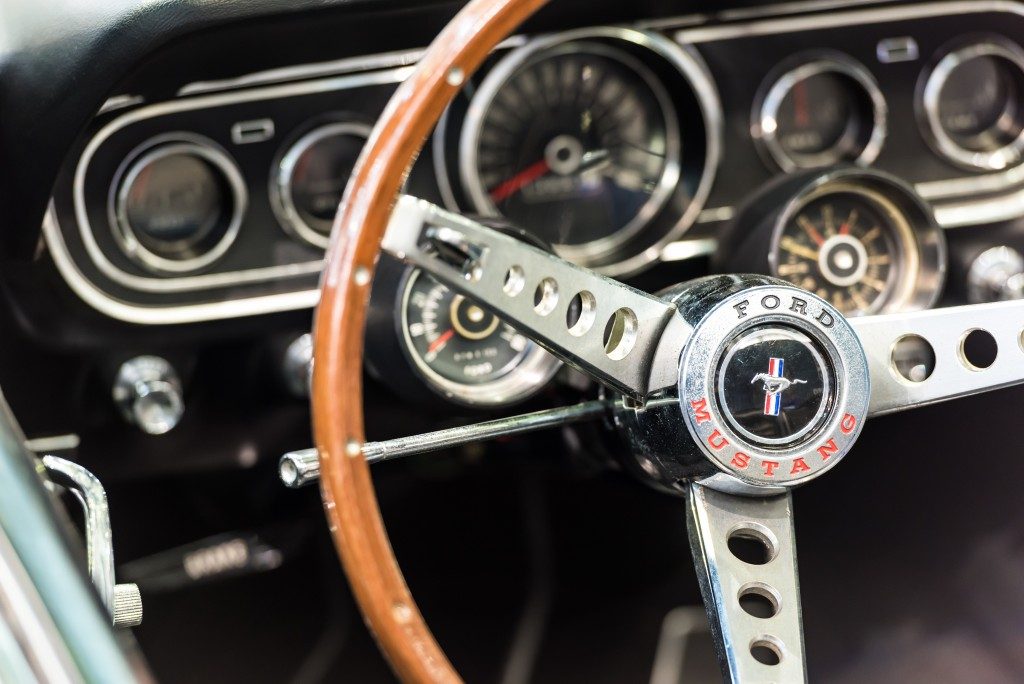The average service life of a clutch is 20,000 miles up to 100,000 miles depending on the model and make of the vehicle. For most of its lifespan, the clutch just rests quietly on the driveshaft, doing what it’s supposed to do. Until it suddenly fails and the only thing to do is to bring it to your local mechanic in Salt Lake City for clutch replacement. But, the clutch actually offers certain clues when it is nearing its service life end so that you can plan in advance for replacement. With this in mind, here some telltale signs to watch out for:
- Failing to Find Reverse – Among the earliest warning signs of a failing clutch is the vehicle struggling to find or get into reverse. This is because this task is the most difficult tasks your clutch needs to perform.
- No Resistance – Upon depressing the clutch, you must feel some kind of resistance because the clutch is a spinning disc of springs and metal. The weight of all of this and its mechanism naturally requires some pressure to operate. If it doesn’t go down without resistance, this is a surefire indicate that it’s nearing its end.
- Slips and Slides – When pushing down on the pedal, you should feel the plate of the clutch engage and disengage once you release it. If this doesn’t happen, then your clutch is “slipping” since you will feel that your vehicle is actually slipping when shifting gears rather than moving seamlessly down or up with every change of gear. In addition, you will likewise feel the engine’s RPM or revolutions per minute increase even if you don’t increase your power such that you will feel the engine revving up, but you won’t be able to increase your speed.
- Difficulty Changing Gears – The clutch’s primary purpose is to shift gears when driving so a non-cooperative clutch or one that isn’t doing its job is most likely worn out and needs changing. Try pushing down on the clutch as hard as possible and if you still have difficulty switching gears, then you have a problem.
- Bumps and Grinds – If you’re hearing a grinding sound when depressing your clutch, it’s probably worn out. But, if you think that this sound is coming from your engine block and not your clutch, it’s probably due to worn out bearings. Have your clutch checked just to be on the safe side. Feeling some bumps and vibrations through the clutch pedal and smelling a bad odor when the clutch is in use, are also potential warning signs of a failing clutch.

These are the most significant warning signs of a failing clutch to look out for. Luckily, they’re all relatively easy to detect. This is great news because when you’re fully aware that your hardworking clutch is almost at the end of its service life, you will be able to plan for a replacement and have the money to spend on it. Likewise, considering having your clutched assessed at regular intervals so you won’t have to experience it failing on you while you’re driving.

